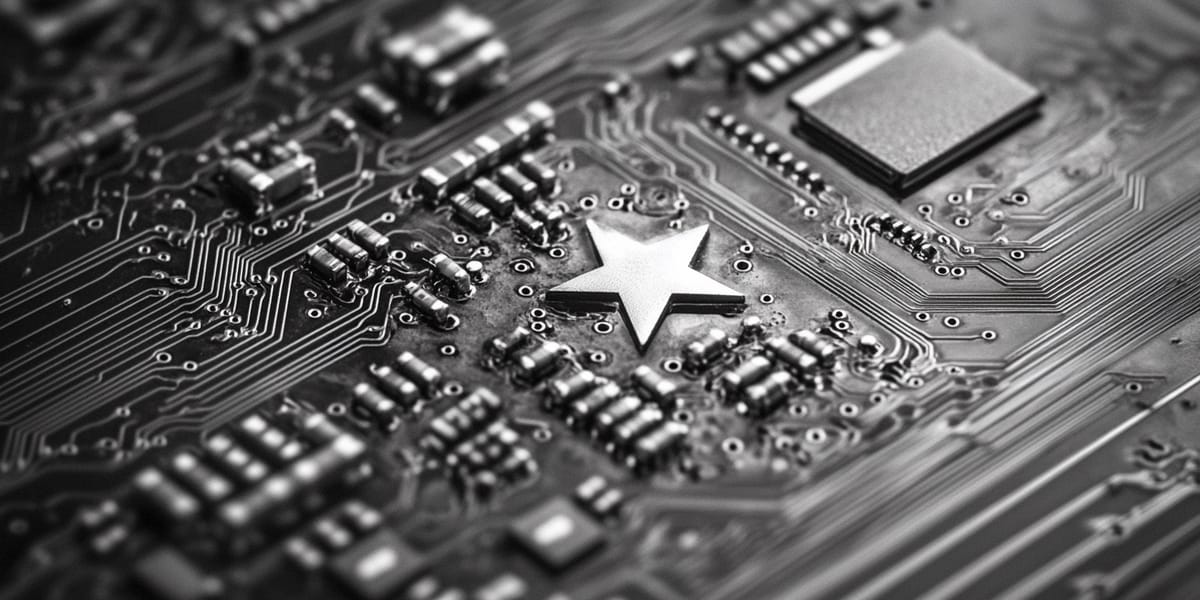China Threatens Legal Action Against Supporters of US Chip Restrictions

China has issued a stark warning that it may take legal action against any individual or organization assisting or implementing US measures that advise companies against using advanced semiconductors from China. According to Reuters, China's commerce ministry stated there could be "corresponding legal liabilities" against those involved in implementing US measures which it said constitute "discriminatory restrictive measures" against Chinese firms. This development marks a significant escalation in the ongoing technology dispute between the world's two largest economies.
The warning comes in direct response to guidance published by the US Commerce Department's Bureau of Industry and Security (BIS) last week. That guidance explicitly states that companies risk violating export controls if they use Ascend AI chips from Shenzhen-based Huawei. The unprecedented move by the US government restricts anyone, anywhere in the world, from using Huawei's AI chips without a license, according to Nikkei Asia.
US RESTRICTIONS TARGET CHINA'S AI AMBITIONS
The US restrictions specifically single out Huawei's Ascend 910B, 910C, and upcoming 910D AI accelerators. Any use of these chips worldwide would now be considered a violation of US export controls, according to Tom's Hardware. The Bureau of Industry and Security's guidance stems from the premise that these specific Huawei chips require US technology for their production but didn't receive proper authorization.
This latest action follows the Trump administration's recent decision to rescind the Biden-era "AI Diffusion Rule" in favor of a more direct approach targeting Chinese AI capabilities. The new policy focuses on three main areas: restricting Huawei's Ascend chips globally, monitoring the use of US AI chips in training Chinese AI models, and warning infrastructure-as-a-service providers about Chinese model builders using their platforms, as reported by wccftech.
"The Trump Administration will pursue a bold, inclusive strategy to American AI technology with trusted foreign countries around the world, while keeping the technology out of the hands of our adversaries," according to the BIS press release. The new regulations come at a time when Chinese companies have made significant advances in AI chip technology, with Huawei's Ascend series emerging as a legitimate competitor to Nvidia's dominance.
CHINA'S SEMICONDUCTOR INDUSTRY RESPONDS
China's response to US chip restrictions has been multifaceted, combining diplomatic protests with accelerated domestic chip development. Chinese commerce ministry spokesperson He Yongqian stated that the guidance "threatens the stability of global semiconductor supply chains," according to Reuters. Additionally, China has urged the US to "abide by international economic and trade rules and respect other countries' rights to scientific and technological development."
Despite facing export controls, Huawei has managed to advance its semiconductor capabilities significantly. According to CSIS, Semiconductor Manufacturing International Corporation (SMIC), China's largest chipmaker, expects to achieve production capacity of 50,000 7nm wafers per month by the end of 2025. This capacity increase could potentially support the production of millions of Ascend 910C chips annually, though not all capacity would be dedicated to AI chips.
Analysts suggest that US export controls have had mixed effects on China's semiconductor industry. While they've created significant hurdles, they've also spurred innovation. Paul Triolo, partner and senior vice president for China at DGA Group, told CNBC that "US controls on GPUs and semiconductor manufacturing equipment have primarily damaged US companies, including Nvidia, while having marginal impact on the ability of Chinese companies to develop frontier AI models."
GLOBAL IMPLICATIONS AND MARKET REACTIONS
The escalating tech confrontation has created ripple effects across global markets and international relations. These developments come shortly after China and the US reached an unexpected 90-day tariff truce earlier this month following trade talks in Geneva, where both sides agreed to scale back triple-digit duties on each other's products as they work toward a more permanent deal, according to Reuters.
The restrictions have significant implications for global technology companies and supply chains. Companies that previously relied on Huawei hardware, such as G42, a UAE-based AI company, have been forced to pivot to US-based alternatives like Cerebras, cutting ties with Huawei to avoid potential violations of US export controls.
For traditional US chip companies like Nvidia, the export restrictions present a complicated challenge. While designed to protect American technological advantages, they risk pushing international customers toward Chinese alternatives. Jensen Huang, Nvidia's CEO, has been vocal about these concerns, warning that "if we lose that ecosystem to our competitors, it will be almost impossible to get it back," according to CNBC.
Taiwan Semiconductor Manufacturing Company (TSMC), the world's largest contract chipmaker, has also been caught in the crossfire. The company faces a potential penalty of $1 billion or more to settle a US export control investigation over a chip it made that ended up inside a Huawei AI processor, according to Reuters.
Related Reading on Morrow Report
For readers interested in exploring alternative financial systems developing in response to tech export controls and trade tensions, Morrow Report offers an in-depth analysis of emerging financial infrastructures. The article examines how countries are developing parallel financial systems to reduce dependency on US-dominated technologies and financial networks, providing valuable context for understanding the broader implications of the current semiconductor dispute.




